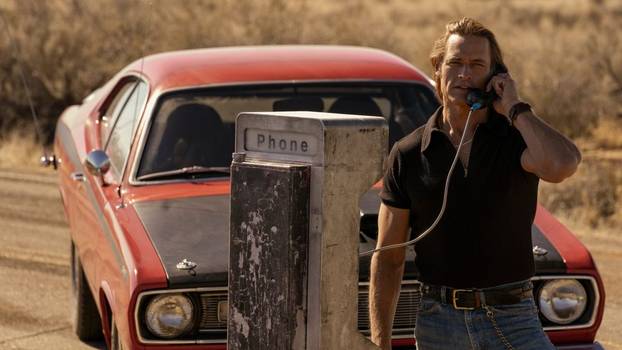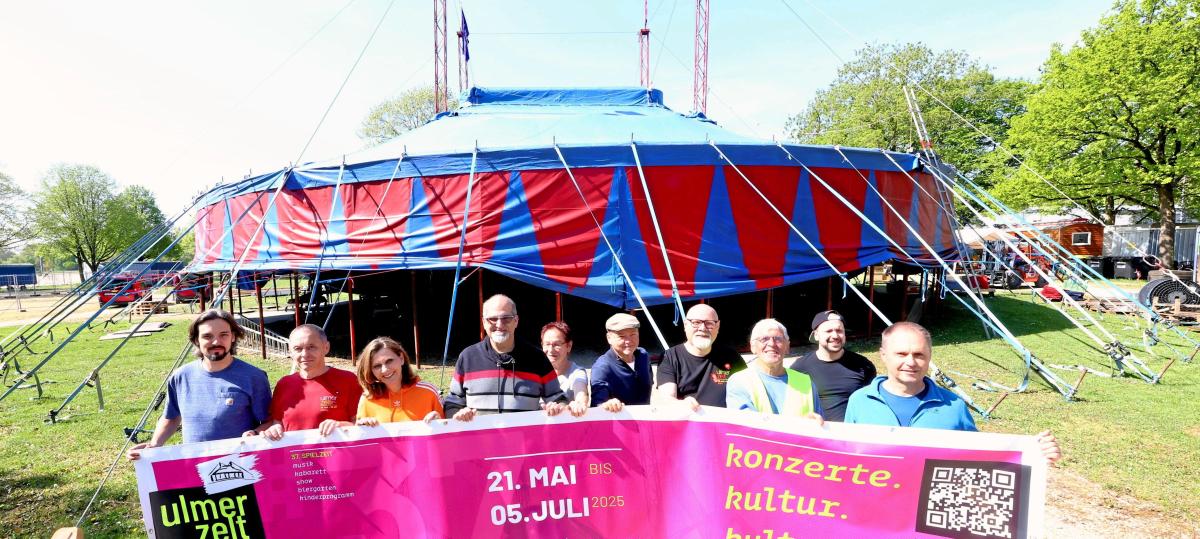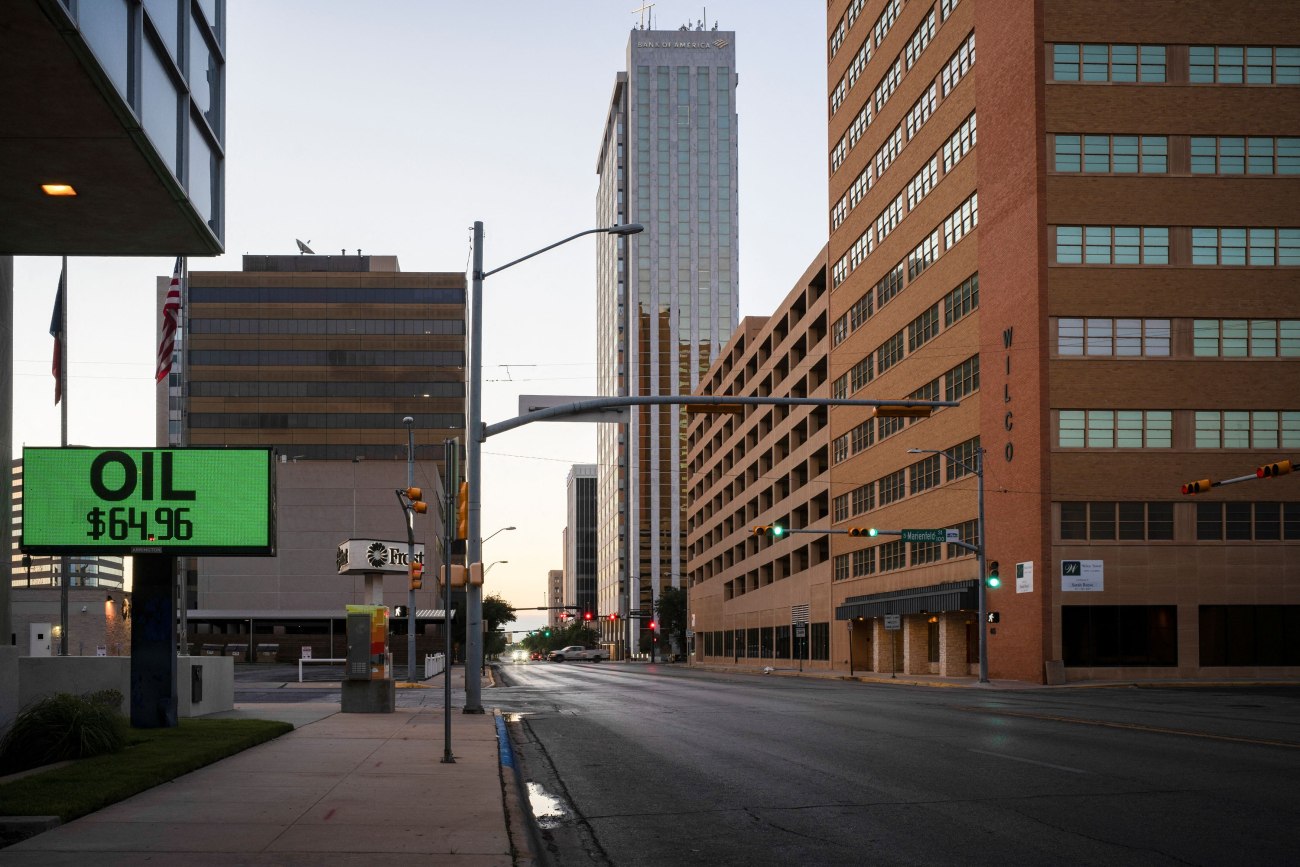Forensic doctors will no longer be allowed to give detestants medical care: ‘as if you are removing the ear from a throat-neus ear doctor’
:format(webp)/s3/static.nrc.nl/wp-content/uploads/2025/06/05082658/data133175350-349c0f.jpg)
An evening in the car next to forensic doctor Jack Menke means making 139 kilometers, nineteen phone calls on the speaker, two coronages, a moral test, visiting three police stations, two blood tests and a injury examination due to domestic violence.
« That she has surrendered, does not say that much. Is she also short of breath? » Menke asks the detestant caretaker of the Rotterdam police station Marconiplein. He calls for the third time in a short time about a woman who is arrested for scams who alarms her nut allergy. « No? Then you don’t have to take action. Keep an eye on if she has trouble breathing. »
The woman thickens her nut allergy, Menke suspects. « Nobody likes to be in jail, » he says, following the navigation to a village outside Rotterdam, where a young woman has just died. An hour ago she fell dead during video calling and although the police have no indications for that, Menke has to determine whether she was not killed by a crime.
When Menke sends the station wagon the corner, he sees agents and sad family members. With doctor’s bag in his hand and dressed in a gray casual suit, he first enters the neighbors’ house to explain the family members what he is doing. He then enters the house of the deceased woman with the police.
With the words ‘much love’, the doctor says goodbye 55 minutes later. It was not a crime, but the cause of death is yet a mystery. Menke has convinced the family to do additional research with the argument that the woman may have died of a hereditary ailment. Even before he has put his suitcases in the car, he will be called again. « With Menke van de Farr. Yes, I am on the way. »
Racing
In a previous life, Menke (59) fought as a tropical doctor HIV and AIDS in Zambia. About ten years ago he returned to the Netherlands, since then he has been working for the private organization forensic doctors Rotterdam Rijnmond (FARR). Last year he also joined the management. Farr Was founded more than twenty years ago by five police practitioners who had to find an employment elsewhere because the police no longer wanted to employ doctors themselves. FARR currently supplies forensic doctors in the Rotterdam police region, an area with 23 municipalities and 1.75 million inhabitants that runs from Goeree-Overflakkee to Gorinchem.
Menke is concerned about the future of forensic medicine. It consists of three pillars: in addition to corpse and forensic medical investigation – after rape or domestic violence, among other things – that is medical arresting care. Every year the police lock up around 200,000 people. And as long as these suspects stay in the police station, they fall under the medical responsibility of a forensic doctor. He checks whether it is justified to keep the – regularly lashless – detainees in jail, prescribes medicines and performs minor interventions, such as insulting injuries.
In the summary proceedings, the central argument is that the police have incorrectly assessed the winner of the tender
But that part of the profession is in danger of disappearing. The National Police has tendered medical arrest care for all ten police regions and all awarded last March to a subsidiary of the doctor and Zorg Groep, who also provides care to asylum seekers. That means that the current providers, including many GGDs, lose detestant care. « It is as if you take the ear away from a throat-neus ear doctor, » Menke quotes a comparison that goes around in the profession.
Tendering has been made to the advice of a government committee led by former mayor of Maastricht Onno Hoes (VVD). He investigated the profession of forensic doctor in 2017. In contrast to the celebration and forensic medical investigations, medical detestant care was a private task that could be tendered. That’s how it happened, with some delay.
Read also
Medical abuses in Dutch prisons. ‘I came in walking and left the prison in a wheelchair’
Crucial
Doelwater, the headquarters of the Rotterdam police, calls Menke. A man has been arrested who still has 43 days in prison open. « Amlodipine 5 milligrams, oxycodone 5 milligrams, pantoprazole 40 milligrams, » Menke repeats the medicines that the man swallows daily. The agents want to know how much they can provide. Menke passes on the evening dosing and promises before the end of his service, pulling the man and writing a recipe so that the arrestant has enough medication in the coming days.
The doctor continues his story. « That medical task makes the work fun and diverse, because you also make people better. If we are only concerned with dead people and taking on injury, you are much less doctor. » Moreover, a forensic doctor specializes in the care of detainees and a regular (general) doctor is not.
The worries live wider. Umbrella organization GGD GHOR Nederland also warned in an explanation That it has major consequences for the criminal justice chain if the profession of forensic doctor becomes less attractive. In the chain, these doctors, of whom the Netherlands does not yet have two hundred, play an important role because they determine injuries among victims of crimes and traces such as DNA securing.
Last week the Lower House took a motion To Van SP and GroenLinks-PvdA who states that the forensic doctor is a crucial appeal for the criminal justice chain and the rule of law. The government is requested, among other things, to investigate whether the care care can be invested again with forensic doctors. « If we lose this pillar, our profession loses shine and charm, which we need to attract new colleagues, » wrote the Forensic Medical Society branch association in March an explanation.
/s3/static.nrc.nl/images/gn4/stripped/data133577017-4d119a.jpg|https://images.nrc.nl/sRVum7zsu-6KT4NHlUN5Vz1ioRE=/1920x/filters:no_upscale()/s3/static.nrc.nl/images/gn4/stripped/data133577017-4d119a.jpg|https://images.nrc.nl/M925U_523dPQAHdSi1LLPnfb1SQ=/5760x/filters:no_upscale()/s3/static.nrc.nl/images/gn4/stripped/data133577017-4d119a.jpg)
Photo Kevin Vervoort / Farr
Mathematics
However, shine and charm are not arguments in the courtroom. At the summary proceedings this Friday, which is being conducted by a few GGDs and another private provider in addition to FARR, the most important argument is that the police have incorrectly assessed the tender registrations of the winner.
Government tendering processes are very similar to higher mathematics. The complex reality of a service such as medical care is divided into small blocks, each with its own weighting. Assessers of the contracting author subsequently grant points on the basis of what, for example, about working with third parties (up to three points) or guarantee medical and legal standards (up to sixteen points) is brought forward by the person who wants to win the tender. All points are added together in a formula in which the price is also important. The one with the highest score wins the tender.
In this case, therefore, Regional Medical Services (RMD), a subsidiary of the Arts and Zorg Groep (128.6 million euros in turnover in 2023). 22 general practices and care for asylum seekers are also carried out under the umbrella of the group. It is not completely new in the care care, RMD is currently carrying out it in the Haaglanden region.
Insufficient
According to the FARR management, the price that RMD offered would have been two to three times lower than from other tenderers. So logical, that tender won.
However, Farr’s lawyer, Frederik van Nouhuys, states that the police made a crucial mistake in assessing the tender. For the ‘availability services’ category – whether the organization can provide medical care to detainees in time – RMD scored an insufficient one in six regions according to the police award decision.
The cry for help that the profession of forensic doctor is becoming less attractive, the doctor and care group cannot ‘follow’
« So when reading the substantiation of the quotation, the police find that it is completely unlikely that they get what they have asked: timely medical care. But because the company scores very well on the price, they still get the assignment, » explains Van Nouhuys by telephone.
While: « If you find that you don’t get the requested, you must declare the registration invalid, » says Van Nouhuys. For further substantiation, the lawyer states in the summons that « several alarming reports » would have appeared on the medical care by RMD to asylum seekers.
Strong
Arts and Zorg Groep finds the criticism unjustified. In a response, the company announced that the care for asylum seekers is being performed to full satisfaction. Earlier negative reporting would have concerned the care for minor asylum seekers by the GGD.
It seems to be a strong doctor and care that it is two to three times cheaper than the competition. Probably that difference can be explained by the fact that the competition has not taken into account the reimbursement from the Healthcare Relief Act – which, together with a police contribution, is the total of income – in the offered price.
The Arts and Zorg Group also emphasizes that, shortly after winning the tender for asylum care, general practitioner care was provided to asylum seekers in 2018 at 55 locations in the Netherlands: it can therefore quickly scale up. The cry that the profession of forensic doctor becomes less attractive can ‘not follow’ the company.
According to the Arts and Zorg Groep, the providers have been able to prepare for the individual tender for medical detention care at the end of 2017, since the report of the CHOES report at the end of 2017. « The fact that they did not do this is entirely due to themselves and not to the police or the party who finally received the tender. »
/s3/static.nrc.nl/images/gn4/stripped/data133577044-d8790e.jpg|https://images.nrc.nl/HS96QhNef5Nat1HfXbwAxyVl5ZE=/1920x/filters:no_upscale()/s3/static.nrc.nl/images/gn4/stripped/data133577044-d8790e.jpg|https://images.nrc.nl/5JNUdYbvD4FuVZChEZKerT7BMkY=/5760x/filters:no_upscale()/s3/static.nrc.nl/images/gn4/stripped/data133577044-d8790e.jpg)
Photo Kevin Vervoort / Farr
Read also
Coenradie is looking for her in the largest prison in the Netherlands. ‘Again it appears that you cannot put more prisoners on a cell’

:format(webp)/s3/static.nrc.nl/wp-content/uploads/2025/02/24085203/web-2402BINcel.jpg)
:format(webp)/s3/static.nrc.nl/wp-content/uploads/2025/06/12235236/data133579068-3a3435.jpg)
/s3/static.nrc.nl/images/gn4/stripped/data133620532-88b447.jpg|https://images.nrc.nl/W0ulk5ahlngGA3VfV3i8UyUPeEk=/1920x/filters:no_upscale()/s3/static.nrc.nl/images/gn4/stripped/data133620532-88b447.jpg|https://images.nrc.nl/t_G01gSnDAnFDbPxeSKlK9BrcGQ=/5760x/filters:no_upscale()/s3/static.nrc.nl/images/gn4/stripped/data133620532-88b447.jpg)
:format(webp)/s3/static.nrc.nl/wp-content/uploads/2025/06/13115011/data133615313-3bf210.jpg)




